DHAKA, May 10 (V7N) – The Health Sector Reform Commission (HSRC) has recommended the establishment of a timely and appropriate salary structure for all healthcare providers in Bangladesh.
This recommendation was a key element of the HSRC's report, which emphasizes the universal right to health and was submitted to Chief Adviser Professor Muhammad Yunus last Monday.
The report specifically suggested a short-term salary board for healthcare professionals, underscoring the necessity of a well-defined and modern salary framework for intern doctors, postgraduate students (including allowances), private practitioners, nurses, and all categories of health personnel operating under the proposed Bangladesh Health Commission.
The HSRC report stated that implementing such a salary structure would ensure the financial stability and job security of healthcare workers. As part of a mid-term strategy, it is also expected to foster long-term motivation and improve the overall working environment for those in the healthcare sector.
Notably, the HSRC report began with a dedication: "This reform report is dedicated to the memory of the martyrs of the great Liberation War of 1971 and July-August 2024." It further expressed hope that the health sector reform proposal would contribute to realizing a society free from discrimination, fulfilling the aspirations of these martyrs.
The preface of the proposal highlighted that despite Bangladesh's significant progress in primary healthcare since independence, the country still lags behind in achieving the Sustainable Development Goals (SDGs) and universal health coverage.
The HSRC was formed on November 18th with the approval of the Chief Adviser to the Interim Government, with the aim of making healthcare people-oriented, accessible, and universal. National Professor and President of the Diabetic Association Dr AK Azad Khan was appointed as the head of the commission.
In formulating its recommendations, the commission considered various crucial factors, including the proposed implementation timeline, measures achievable during the interim government's tenure, actions required by the next elected government, as well as national expectations and commitments.
To develop its report and recommendations, the HSRC held a total of 51 regular commission meetings and organized 32 consultation meetings across the country, including in Chattogram, Rangamati, Khulna, Sylhet, Rajshahi, Rangpur, Barisal, Munshiganj, and Dhaka. The commission also sought advice and cooperation from experienced individuals, relevant professionals, and expert organizations in diverse fields.
END/MSS/RH/



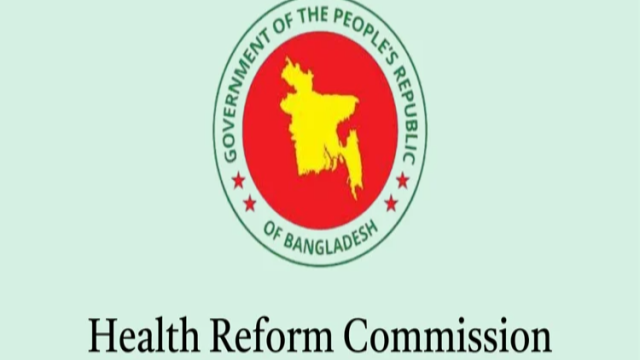
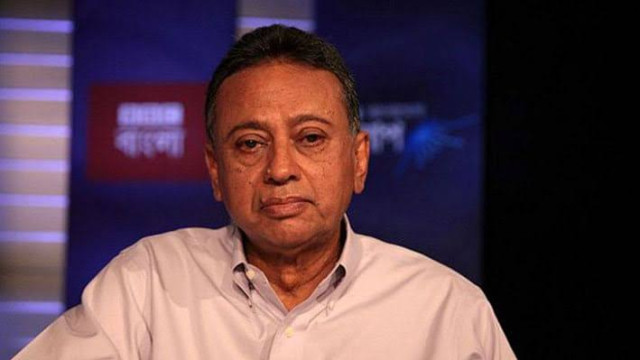
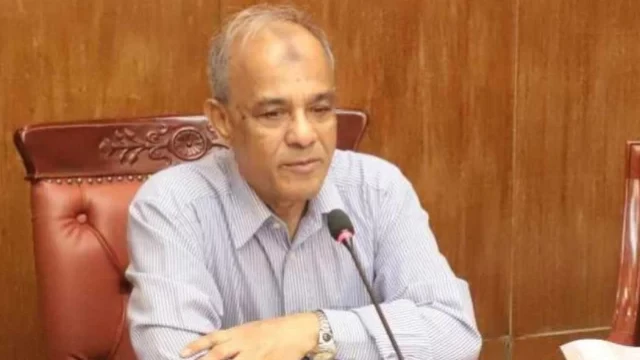


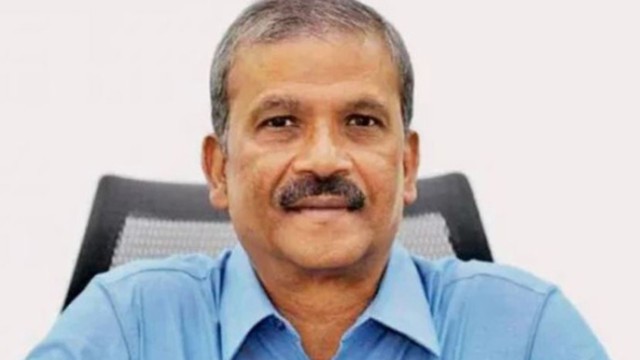
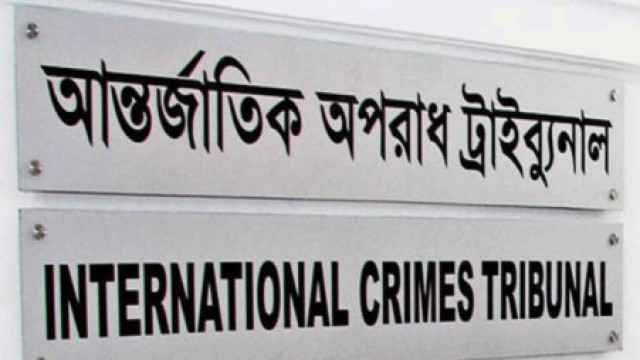
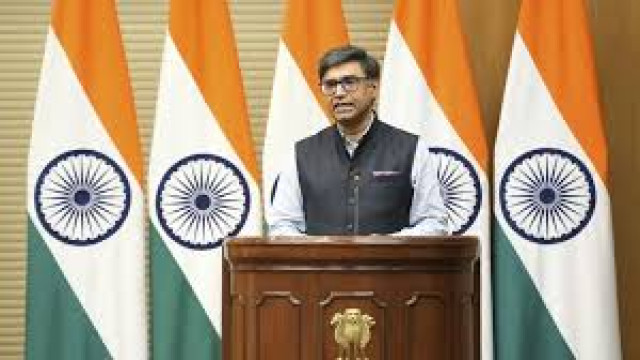
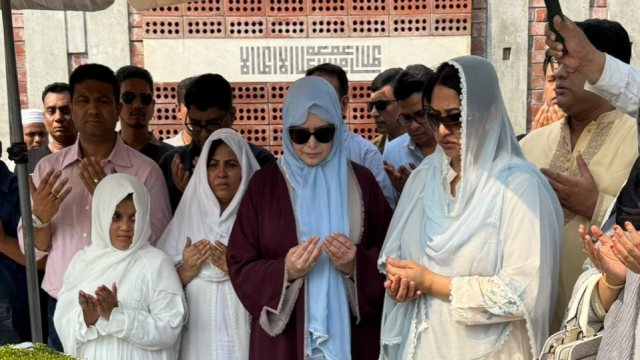
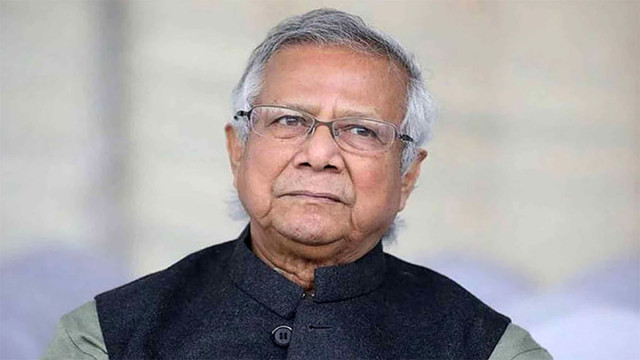
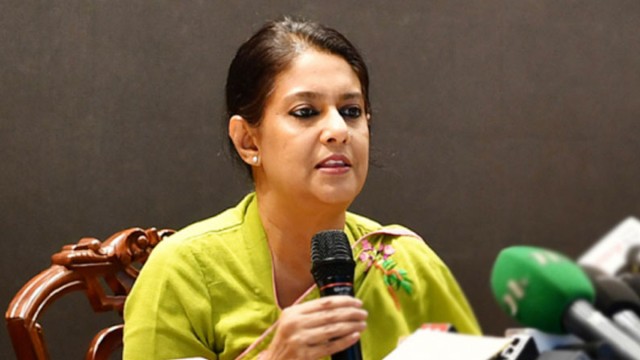
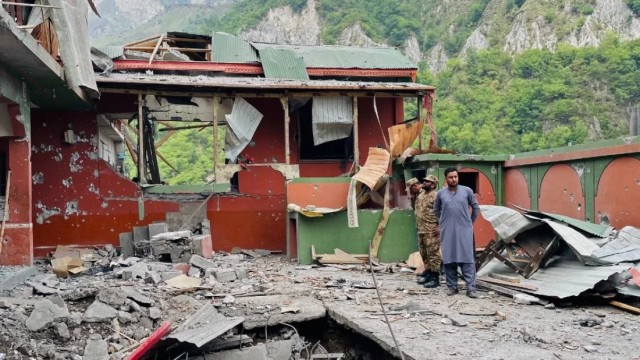



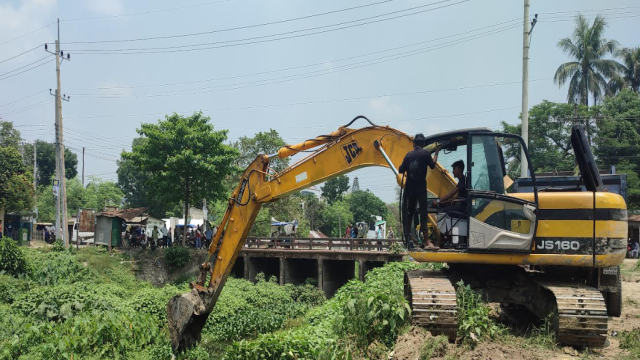
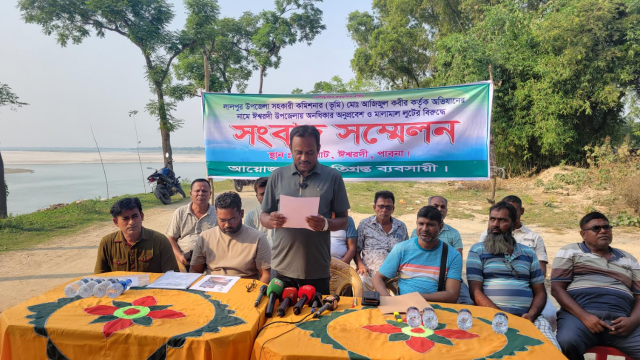
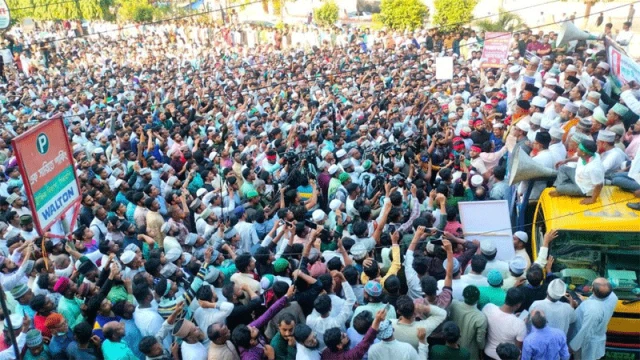
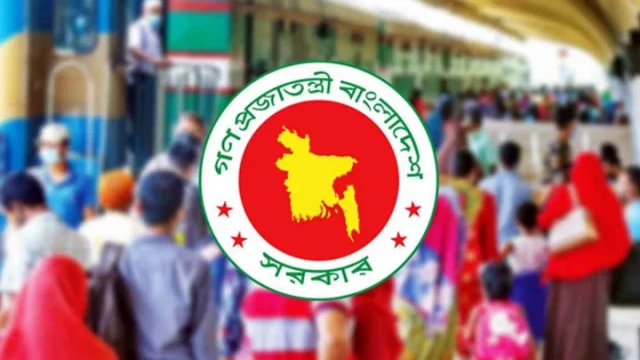
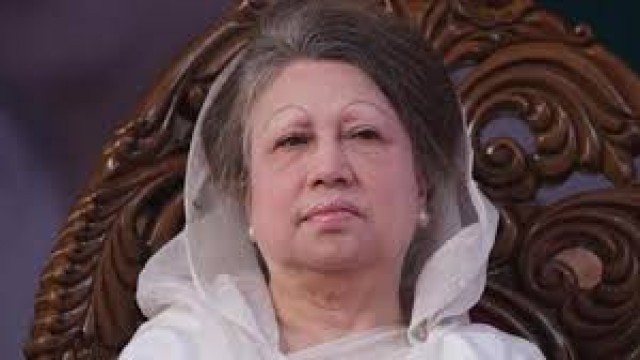





Comment: